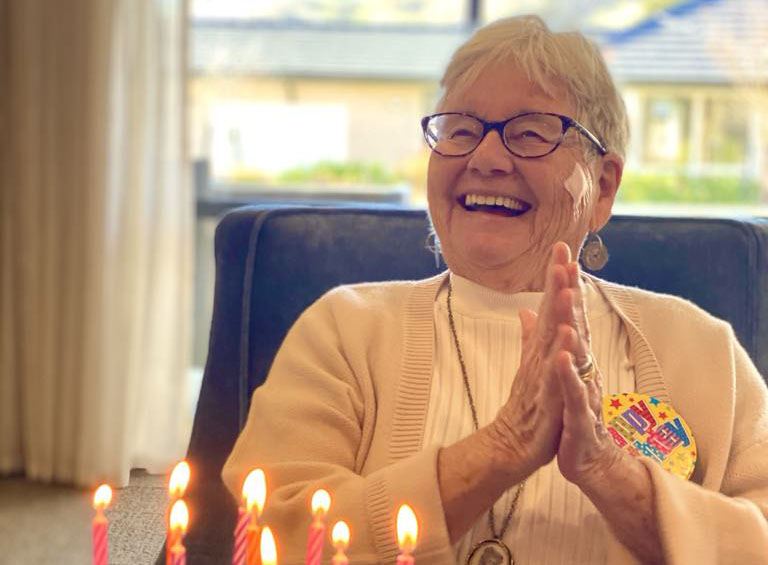Tackling the stigma of dementia mate wareware

Stigma not only hurts people living with dementia, it affects the way people living with dementia are treated and the opportunities available to them.
One of the key goals of Alzheimers NZ is to encourage people to talk about dementia, or mate wareware. Discussions naturally lead to a greater understanding of the condition, and the debunking of many myths.
September is World Alzheimers Month, and we are focusing on stigma and how it strongly affects every person with dementia mate wareware, and their close whānau or family.
Some of the common misconceptions that lead to stigmatisation for people living with dementia mate wareware come down to a lack of awareness. This then can lead to a loss of self-worth, no support after diagnosis, and stigma by association.
For both people living with dementia mate wareware and the general public, the impression is that people living with dementia mate wareware contribute nothing to society.
This is simply not true, as evidenced by the people living with dementia mate wareware who are active in their families and communities and those who participate in and lead the national conversation around dementia mate wareware.
Many Kiwis with dementia mate wareware feel excluded, ignored and are treated differently for something beyond their control. Alzheimers NZ works tirelessly to tackle stigma. Underpinning this work is the Dementia Declaration. It identifies what someone living with dementia mate wareware needs in order to live their best possible life. It was written by people living with dementia mate wareware.
“All of these things are things that we want in our own lives, and that is no different for people with dementia,” says Dementia Friendly Senior Advisor Dr Meg Spriggs.
The stigma around a diagnosis can stop people and their whānau or family reaching out for the support they need.
There are currently 70,000 people living with dementia mate wareware in Aotearoa New Zealand, and this is expected to increase 240 percent in the next 30 years. It is estimated that around 30,000 people living with dementia in NZ are not receiving any support for themselves, or their whānau who are caring for them.
This lack of support is a travesty that does not happen with other major medical conditions in our country. One of the major reasons for the lack of support is stigma. From GPs trying to protect their patients from a difficult diagnosis to family and friends pulling away after a diagnosis due to not knowing how to handle the news.
There are some misconceptions around dementia mate wareware but with the right support people can continue doing the things they love. As individuals, we can all play our part by simply having a conversation about dementia mate wareware and learning more. Let’s break the silence – it’s time to act on dementia!

